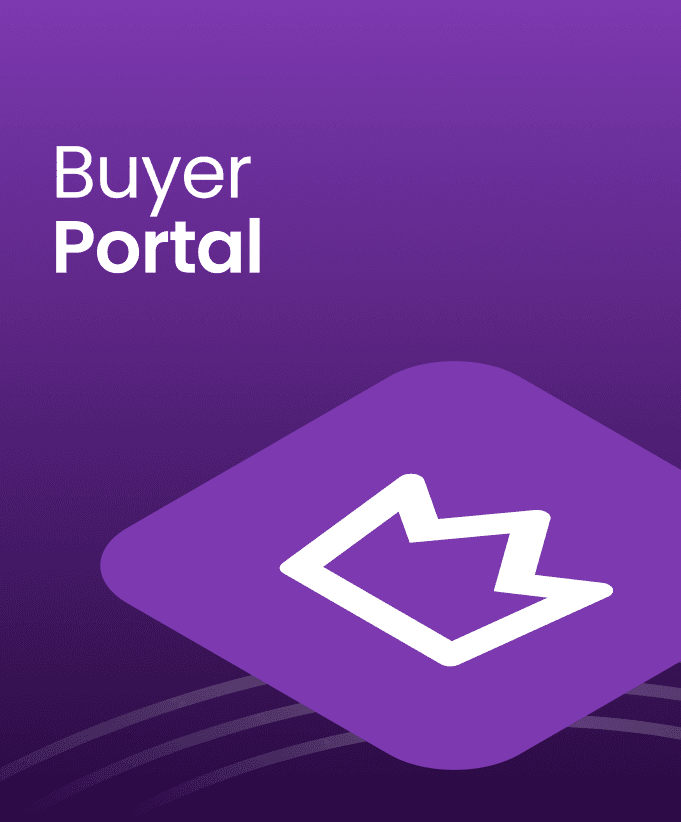
Oct 11, 2024
Predictive Analytics in Real Estate: A Game-Changer for Forecasting Trends and Property Values
Introduction
In today's fast-paced real estate market, staying ahead of trends and making informed decisions is more crucial than ever. That's where predictive analytics comes in. This powerful tool is changing the way real estate professionals work, helping them anticipate market changes, estimate property values more accurately, and make smarter business decisions. Let's explore what predictive analytics is and how it can benefit your real estate business.
What is Predictive Analytics in Real Estate?
Think of predictive analytics as a highly intelligent system that analyzes vast amounts of information about properties, neighborhoods, and market trends. It then uses this information to make educated forecasts about future market conditions. Here's what it typically considers:
Past sales data
Information about properties (size, age, features)
Neighborhood details
Economic information (like job growth and interest rates)
It's like having a team of experts constantly analyzing market data to provide you with valuable insights.
How Can Predictive Analytics Help Real Estate Agents?
Predictive analytics can be a powerful asset in several ways:
3.1 Pricing Properties Right
Help you set the optimal listing price by comparing similar properties and market trends
Identify undervalued properties that could be great opportunities for your buyers
3.2 Finding Promising Neighborhoods
Identify areas that are likely to see property value increases
Spot emerging trends before they become common knowledge
3.3 Targeting the Right Buyers
Predict which of your contacts might be ready to buy or sell soon
Help you create more effective marketing campaigns by understanding what types of properties certain buyers are likely to be interested in
3.4 Making Smarter Investment Recommendations
Help your investor clients find properties with the best potential returns
Assess the risks and rewards of different investment options
Real-World Examples
Let's look at some practical examples of how predictive analytics could work for you:
Property Valuation: Instead of just looking at recent sales, a predictive analytics tool might consider upcoming infrastructure projects, school district changes, and economic forecasts to give a more accurate future value of a property.
Lead Generation: The tool might notice that people often start looking for larger homes a few months after having a baby. It could alert you to reach out to past clients who recently had children, giving you a head start on potential new business.
Market Trends: By analyzing data from various sources, predictive analytics could alert you that a quiet suburban area is likely to become popular with young professionals in the next few years, allowing you to advise your clients accordingly.
Getting Started with Predictive Analytics
You don't need to be a data scientist to use predictive analytics. Here's how you can get started:
Choose the Right Tools Look for real estate software that includes predictive analytics features. Many modern CRM systems now offer these capabilities.
Focus on Quality Data The predictions are only as good as the data that goes in. Make sure you're keeping accurate, up-to-date records of your transactions and market observations.
Start Small Begin by using predictive analytics for one aspect of your business, like pricing properties. As you get comfortable, you can expand its use.
Combine with Your Expertise Remember, predictive analytics is a tool to enhance your professional judgment, not replace it. Use it alongside your experience and local knowledge for the best results.
Keep Learning The field of predictive analytics is always evolving. Stay curious and open to learning new ways it can help your business.
Benefits and Considerations
Benefits:
More accurate property pricing
Ability to spot market trends early
More targeted and effective marketing
Better advice for your clients on when to buy or sell
Competitive edge in your market
Things to Keep in Mind:
Predictions are helpful guides, not guaranteed outcomes
The quality of predictions depends on the quality of data used
It's important to use predictive analytics ethically and fairly
Conclusion
Predictive analytics isn't just for big corporations or tech wizards. It's a powerful tool that's becoming more accessible to real estate professionals of all types. By embracing predictive analytics, you can make more informed decisions, provide better service to your clients, and stay ahead in a competitive market.
Remember, predictive analytics is here to enhance your skills and intuition, not replace them. Your local knowledge, personal relationships, and years of experience are still your most valuable assets. Predictive analytics is just a new tool in your toolbox – one that can help you work smarter, not harder.
As the real estate market continues to evolve, those who can effectively use data to inform their decisions will have a significant advantage. Why not start exploring how predictive analytics can boost your real estate business today?
Search
Sign up to our
Blog
Get the latest industry news, product updates and more. Plus receive our FREE real estate hashtags cheatsheet!








